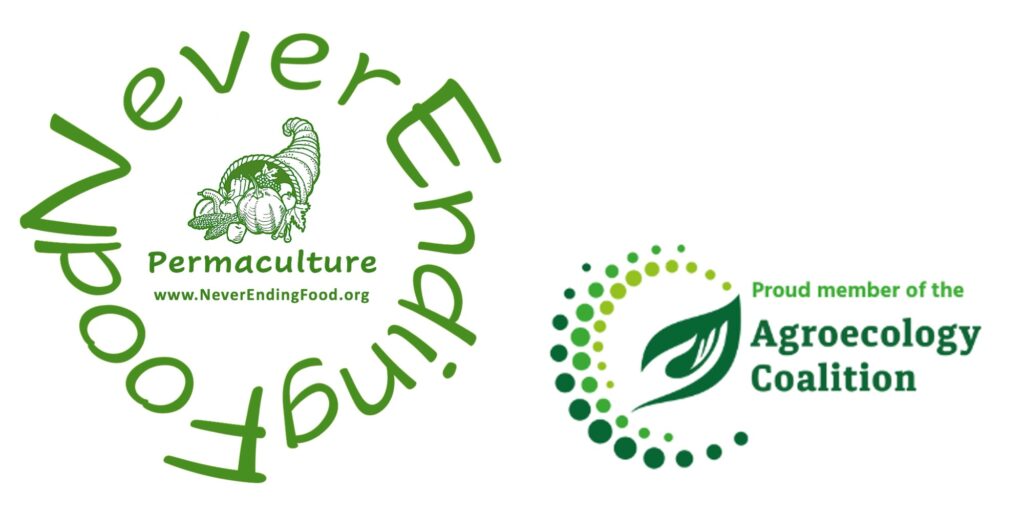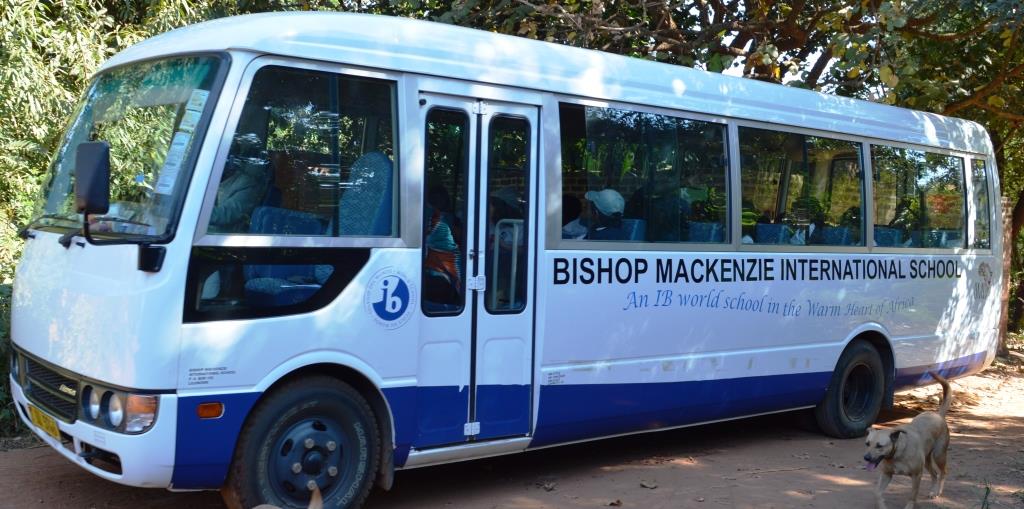
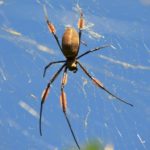
Never Ending Food was honored to host 70 year-4 students from Bishop Mackenzie International School (BMIS) in Lilongwe. Three separate classes came on three separate days to help make the visits a bit more manageable. The students were all doing a unit on how our choices affect the sustainability of the earth’s resources. This theme basically defines what Permaculture is all about. Every choice in Permaculture design takes into consideration the sustainability of the earth’s resources. When we keep the three main Permaculture ethics in mind (Earth Care, People Care, and Fair Share), these choices become self-evident. It was really fun to host students who are so full of energy, curiosity, questions, and excitement! It seems that the highlight of the tour for many of the students was our Golden Orb spiders, which are an integral part of our Integrated Pest Management (IPM) strategies. These harmless spiders come out right at the end of the rainy season, when there is generally an increase in malaria-causing mosquitoes. They spin their webs throughout the branches of our trees and eat the majority of our mosquitoes and other insects, therefore helping to ensure the health of our plants as well as our bodies.
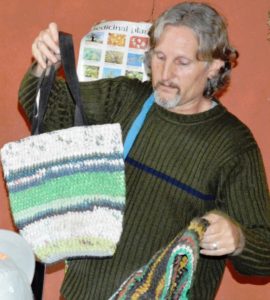
In terms of choices that we can all be making, we discussed the difference between a ‘resource’ and a ‘waste’. When everything is put to use, everything becomes a ‘resource’. Permaculture aims at achieving zero-waste and views ‘waste’ as an unused resource. With this in mind we talked about turning human ‘waste’ into a ‘resource’ through the use of composting toilets; turning kitchen ‘waste’ into a ‘resource’ through worm-farming; and turning plastic ‘waste’ into a ‘resource’ through recycling them into useful products (such as bags, mats, planters, and even hats or shoes).
We looked at the ‘choices’ we are making in Malawi when it comes to agriculture and diets (which currently over-relies on the use of maize), and discussed with the students about the hundreds of Malawian foods that could be used to achieve highly-nutritious and year-round access to food and nutrition security. Good nutrition relies on growing and eating a diversity of foods, but this cannot happen until we make sustainable choices about the foods that we are growing and eating. Diversifying agriculture can help to bring an end to Malawi’s ‘hungry seasons’ as well as reducing the unacceptable levels of malnutrition that we find throughout the country.
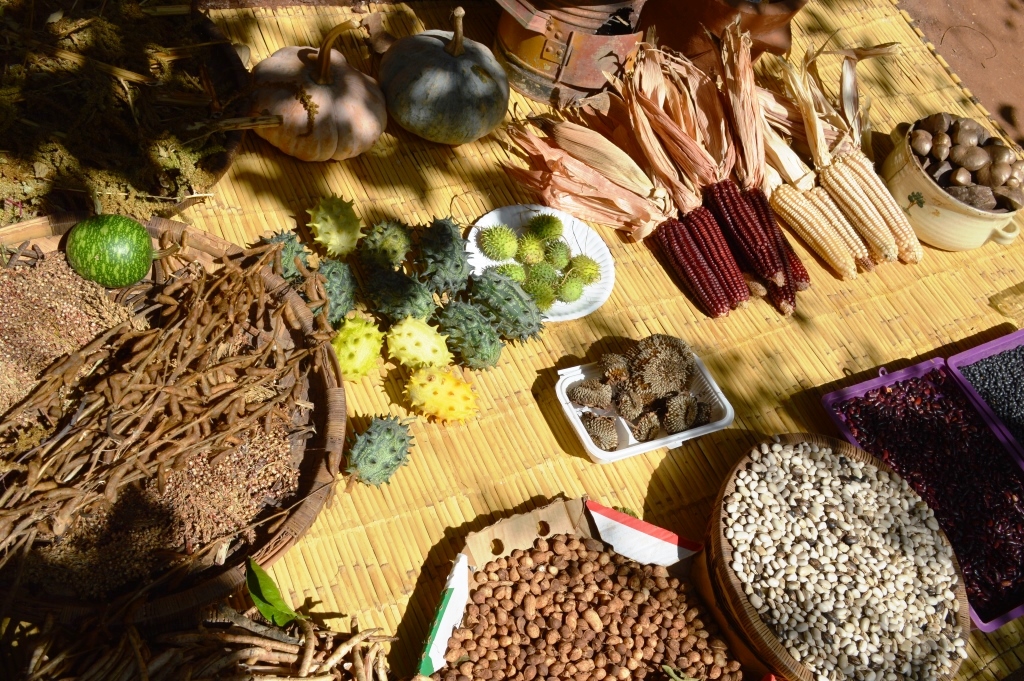
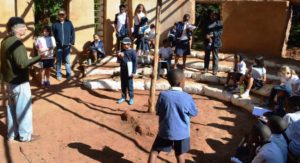
We also looked at the types of ‘choices’ that we can be making when we design our homes, schools, offices, and other structures. The bricks and cement that are currently used to build rain water gutters along buildings could, instead, be used to build rain water harvesting tanks. Our buildings can also be built using sustainable materials to ensure the permanency of the earth’s resources. We were able to show the students our new classroom that is being built using rammed-earth, instead of burned bricks.
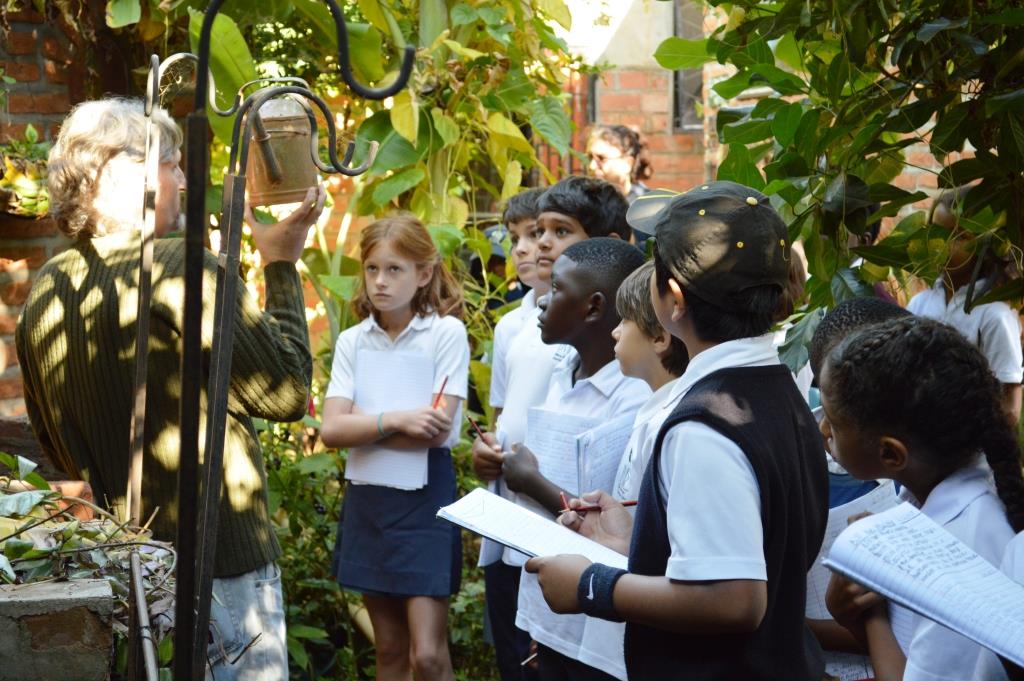
We had a great time introducing all of these students to sustainable life-choices, and we hope that some of these messages will the plant seeds of sustainability which will germinate throughout the rest of their lives. A big thanks to Bishop Mackenzie International School for arranging these visits, and you are all welcome back any time!
